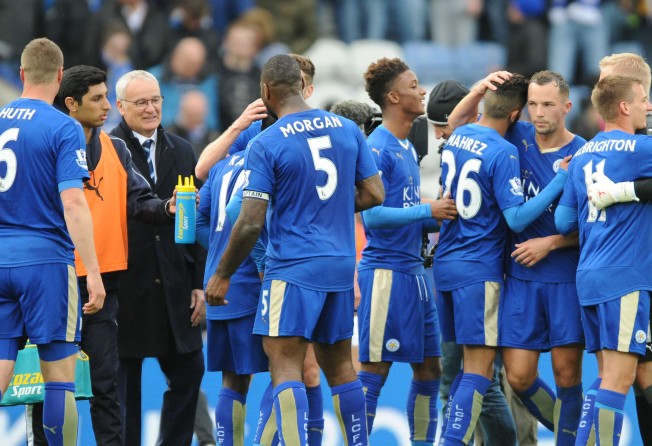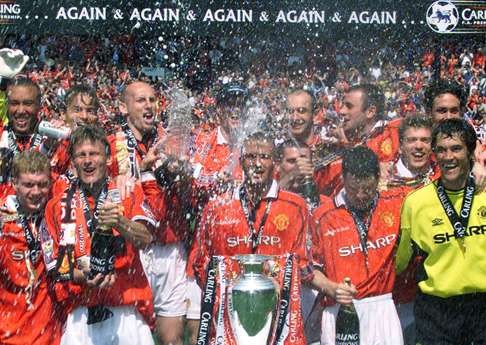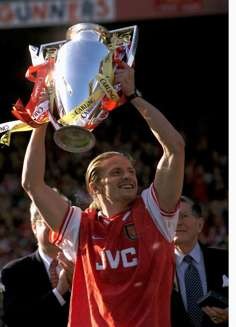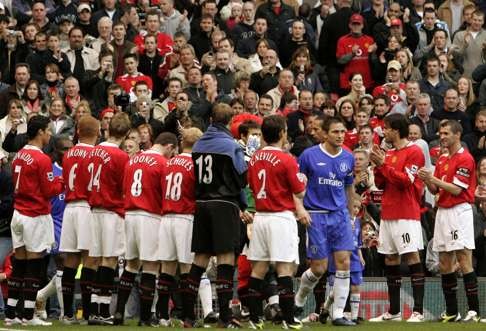As Leicester prepare to bust through the glass ceiling, can the moneyed elite still buy their way to the top?
The riches of the Premier League have long been eyed with suspicion and derision, but clubs outside the traditional ‘big four’ are signalling a turn in the tide

Long has been the complaint that the English Premier League’s elite clubs spend their way to the top, rendering the competition, as Kevin Keegan put it, “one of the most boring but great leagues in the world”.
Season after season, supporters have been paying through the nose to watch predictable outcomes, a widening wealth gap, a league within a league.
Since its founding 23 years ago, 47 teams have played in the Premier League yet only five have won it. The “Big Four” – Manchester United, Arsenal, Chelsea and Manchester City – appeared to have their names engraved on the title trophy in perpetuity, interrupted only once by a foray by Blackburn in 1995.
However, in recent seasons and especially during this campaign, there have been signs of a new dawn, a refreshingly tight competition with multiple contestants vying for the top prizes; the small taking on the big, mid-table mediocrity brazenly challenging the establishment and knocking on Europe’s door.

The pots of money and gluttony over the past quarter of a century have been necessary – vital, even – for the league to succeed and get to this point: an era in which all the clubs have a big enough slice of the revenue pie to compete in a much fairer way.
TV deals have netted the Premier League more than £5 billion over the next three seasons – a 70 per cent increase on the current deal – with each club receiving up to £120 million per season. Next season’s winners will take home a cash prize of around £150 million, the team at the bottom will earn about £100 million – all that before a ticket or replica shirt is sold and before a sponsorship deal is done.
It is this endless supply of the much-despised corporate lucre that has created an Eden of equality in which it is far harder to spend your way to the title and into Europe, as Leicester’s fairy tale thus far proves.
At least that is the convenient paradox the league’s chiefs want us to swallow.

This, went the argument, would eventually lead to parity where every club will have enough cash to spend to become more competitive and make it harder for the elites to buy a competitive advantage.
The ceiling-smashing achievements of perennial under-achievers Leicester, Tottenham and Liverpool, and the assault on the European berths by smaller clubs like West Ham, Southampton, Everton, Stoke, Swansea and Crystal Palace – half the league, in fact – should vindicate the Premier League’s obsession with revenue.
Leicester’s challenge is indeed distinguished by the achievement of hitherto unremarkable players binding together as a powerful unit rather than seeking success with one or two chest-thumping statements of multi-million-dollar marquee signings.

But no longer is it the case of simply deploying their once-superior purchasing power to buy up all the sporting and competitive advantages on offer. The international market has more of their ambitious rivals bidding and attracting top players with realistic promises of silverware and European glory.
Rather than remain aloof, the big clubs will be forced to emulate their lesser peers and look closer to home for talent. They will have to aspire to the work with the same efficiency and intelligence as clubs like Leicester, Southampton, Stoke, Everton and West Ham, and wisely invest much more in youth development to harvest more English and British players.
Of course, this season could be one of those rare, freak campaigns. Predictability might well return with a vengeance come August.
But with breathtaking irony, there is traction on the claim that the money that has long made the Premier League open to derision and suspicion, has bought the equal opportunity and high-octane open competition we have long craved.